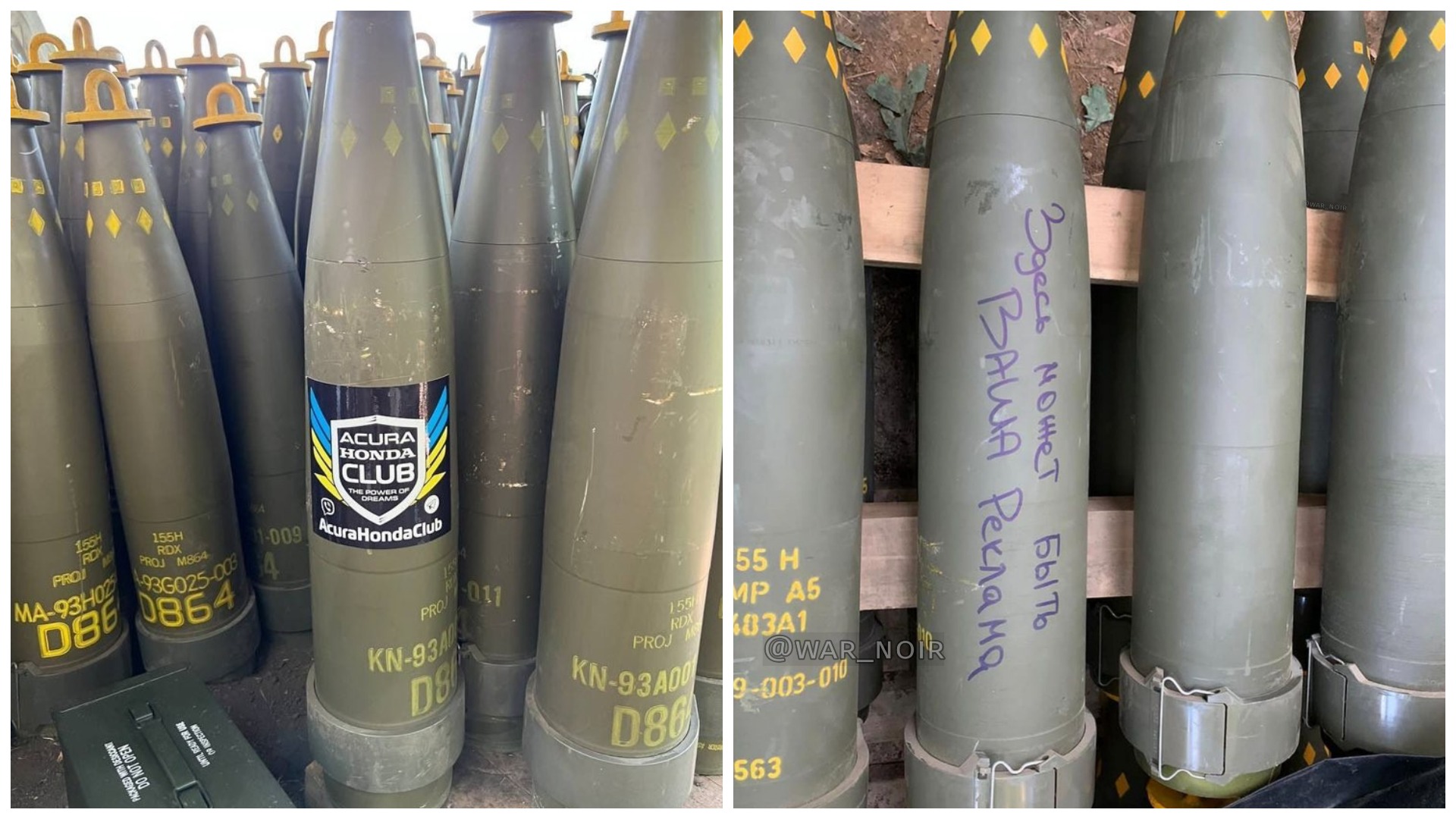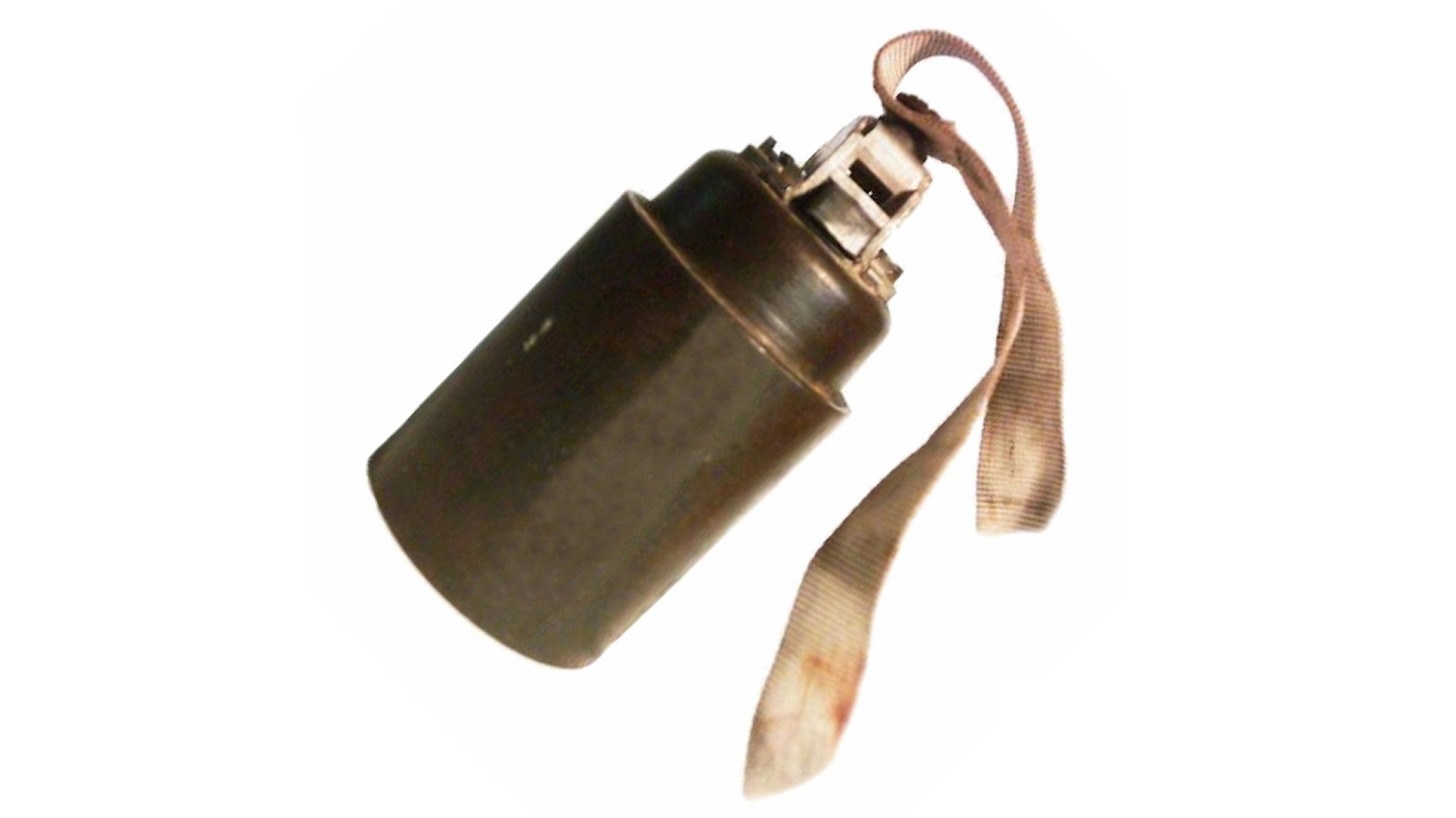The military showed the principle of operation of Western cluster munitions (video)
The Ukrainian Defense Forces have shown the effect of several American cluster munitions. Footage of the use of cluster munitions was shown from the drone of the Omega special unit of the National Guard.
Several 155-mm cluster shells were fired at the Russian military position, after which submunitions can be seen forming a circle of explosions. Western cluster munitions M864 and M483A1, which are in service with Ukrainian artillery, have submunitions.
The M864 projectile cassette contains 72 warheads. These are 48 small M42 fragmentation munitions and 24 larger M46 munitions. When detonated, both types of elements scatter debris within a radius of several meters.

In turn, the M483A1 has 64 units of M42 and 24 units of M46 submunitions. Each of the M42/M46 submunitions has a 10-square-meter kill zone. However, the fragmentation effect is effective within a radius of 50 meters from the submunition explosion site.
When submunitions are scattered in a circle and explode, they create a zone of solid damage and a zone of fragmentation damage. That is why the area affected by a cluster munition looks like a circle.

If a submunition explodes on armored vehicles, it can neutralize them. Thus, the detonation of a cluster munition on the ground covers approximately 900-1000 square meters of a continuous zone of destruction by fragments (10 squares for 88 munitions), and a much larger area – a zone of partial (fragmentary) destruction.

The effectiveness depends on many factors, such as the height of the cluster munition’s explosion, the availability of shelters and personal armor protection on the enemy’s side, and so on. Cluster munitions are extremely effective against enemy infantry that has no defensive structures or is conducting a foot attack

